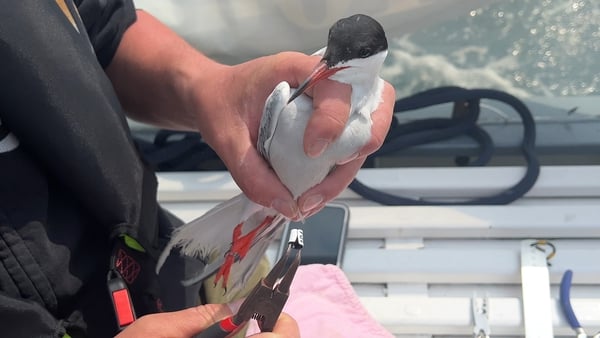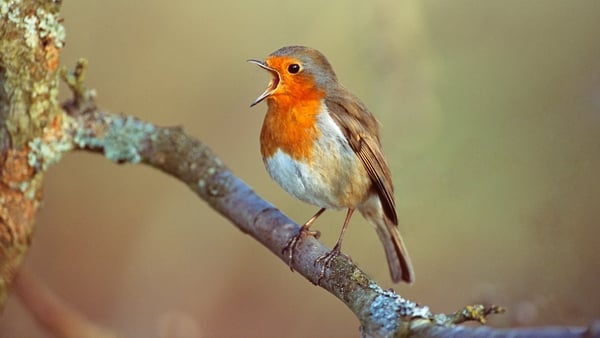Final preparations are being made for a unique research expedition which hopes to find out if great white sharks frequent Irish waters.
In September, a group of Irish shark scientists will host OCEARCH, a US shark research organisation, with the goal of trying to document the apex predator off the coast of Ireland for the first time.
Dr Nick Payne, Assistant Professor in Trinity College Dublin's School of Natural Sciences, is leading the Irish expedition.
He said he is optimistic about the team’s chances.
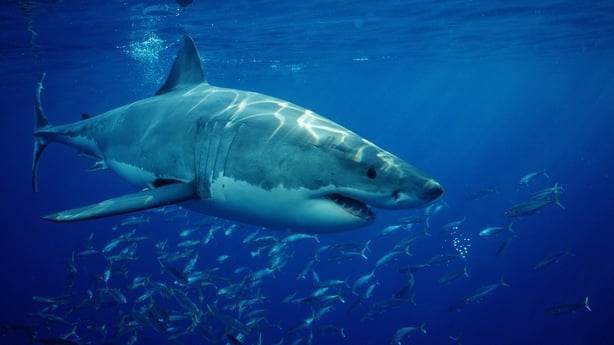
"Those of us that study great whites in other parts of the world have had our eyes on Ireland as a likely location that the species may occasionally visit.
"There's really nothing about the water temperatures, food options or habitat that makes me think they aren't here," he explained.
"It’s exciting to bring together some of the world’s best shark scientists to search for these amazing animals. It's also a brilliant opportunity to learn more about the other incredible sharks we have in our waters, and particularly the threats they face."
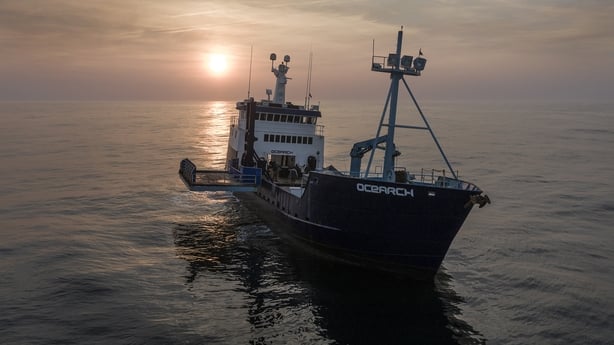
Approximately 40 shark species inhabit Irish waters, with many classified as Endangered, Critically Endangered, or Vulnerable.
They face challenges of over-exploitation by commercial fisheries, habitat destruction and climate change.
OCEARCH Chief Scientist & Veterinarian, Dr Harley Newton, said: "Sharks are keystone species in marine ecosystems.
"As top predators in the food web they regulate prey populations and through that shape the diversity, abundance, and distribution of other species. This abundance and diversity is key to the health of marine habitats as well as human livelihoods.
"This expedition is an exciting opportunity to contribute knowledge on Ireland’s shark populations and why we need them."
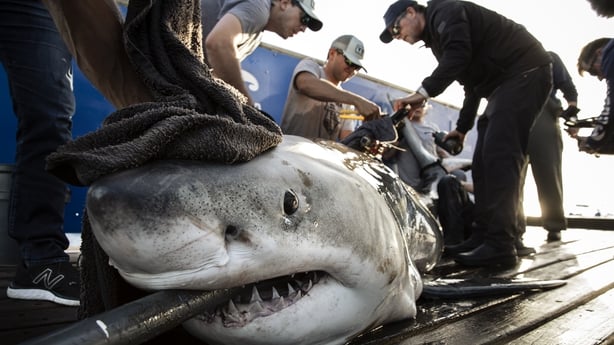
There are nine recognised populations of white sharks around the world.
The scientists believe that in the summer and autumn the Mediterranean white shark population migrates out of the Mediterranean Sea to forage in eastern North Atlantic waters off the coasts of Spain, France and Ireland.
Confirmed sightings have occurred as far north as the Bay of Biscay, but reports around Ireland and the UK are currently confined to anecdotal accounts.
Reports in the media last week indicated that a great white had been seen off the Galway coast, although several experts now believe the supporting video was not filmed in Irish waters.
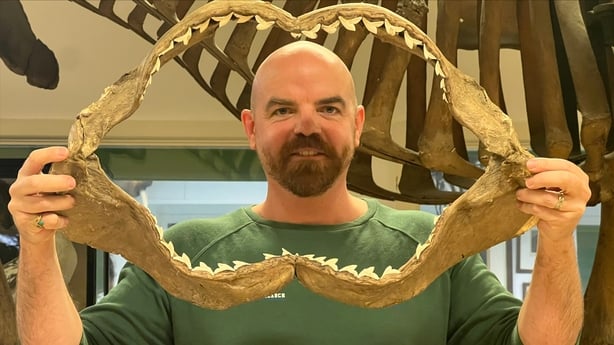
While great whites have inspired fear and fascination for centuries, the OCEARCH expedition aims to provide the factual data necessary to inform the conservation and fishery policies needed to protect sharks globally.
Dr Payne said: "The Irish Government has obligations under the Marine Strategy Framework Directive and other International conventions such as OSPAR for the conservation of both resident and migratory shark populations as well as the ecological systems that support them.
"However, effective management requires a good understanding of what’s out there and how things are changing.
"After that we can start to learn much more about what we can do to help conserve these animals. They are so important to us and our ecosystems. We should be protecting them and we shouldn't be afraid of them."



